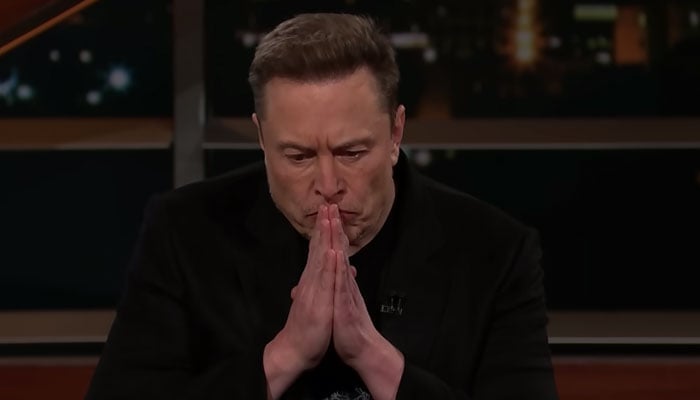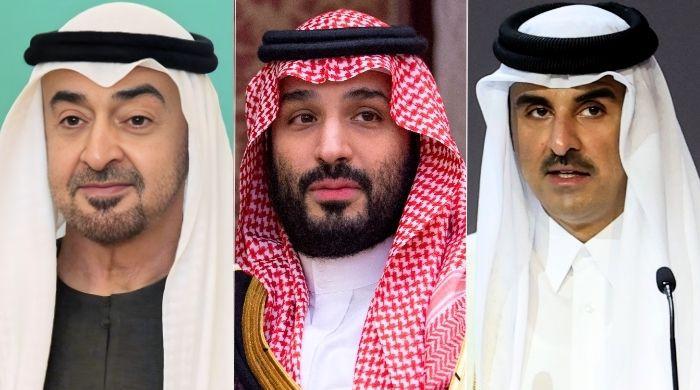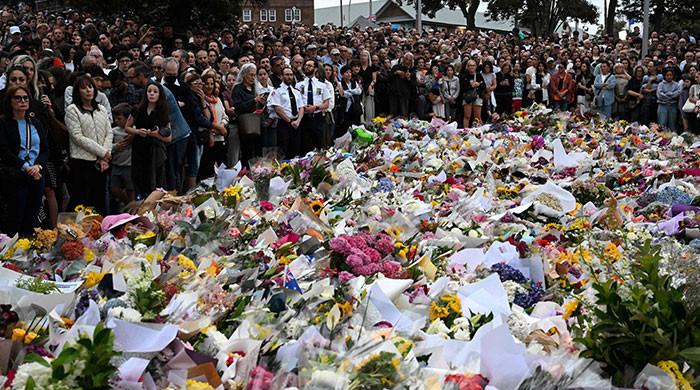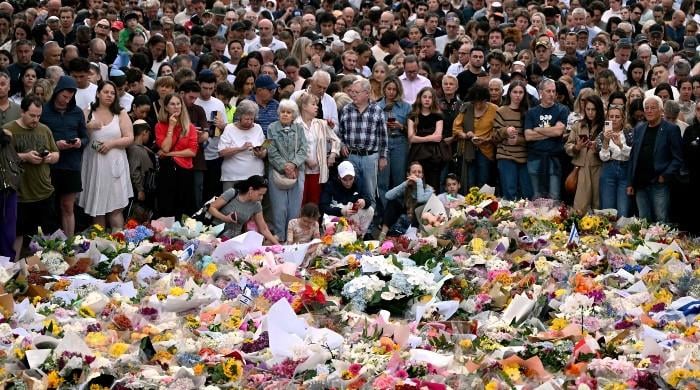Elon Musk 'extremely concerned' about freedom of speech
"I think we should be extremely concerned about anything that undermines the First Amendment," says Elon Musk
April 29, 2023

Billionaire and CEO of Twitter Elon Musk has expressed his concerns about freedom of expression saying "we need to be very cautious about anything that is anti-meritocratic and anything that results in the suppression of free speech".
While explaining what woke mind virus is, he said he saw "woke mind virus" as something that's been "a long time brewing".
"So, you know, those are two other aspects of the woke mind virus, that I think are very dangerous is that it's anti-meritocratic. You can't question things. Even the questioning is bad."
Elon Musk, who acquired Twitter for $44 billion had admitted earlier that it's not yet clear whether his decision to purchase the social media platform was wise, adding that the company's current value stands at less than half of the acquisition price.
The tech-billionaire had also noted earlier in an interview this month that preserving freedom of expression and democratic values were more important than financial gain.
So, you know, another way… [it's almost synonymous] with cancel culture," Musk said while talking in an interview with HBO’s Real Time with Bill Maher.
"It's bizarre that we've come to this point where free speech used to be a left or a liberal value, and yet we see from the quote 'left' a desire to actually censor. And that seems crazy," Musk said who is also the CEO of Tesla and SpaceX.
"I mean, I think we should be extremely concerned about anything that undermines the First Amendment. There's a reason for the First Amendment…," Musk, 51, said.
"People came from countries where they could not speak freely and where saying certain things would get thrown into prison. And they were like, well, we don't want that here. And by the way, in many parts of the world, including part of what the people might think are relatively similar to the United States, the speech laws are draconian."









